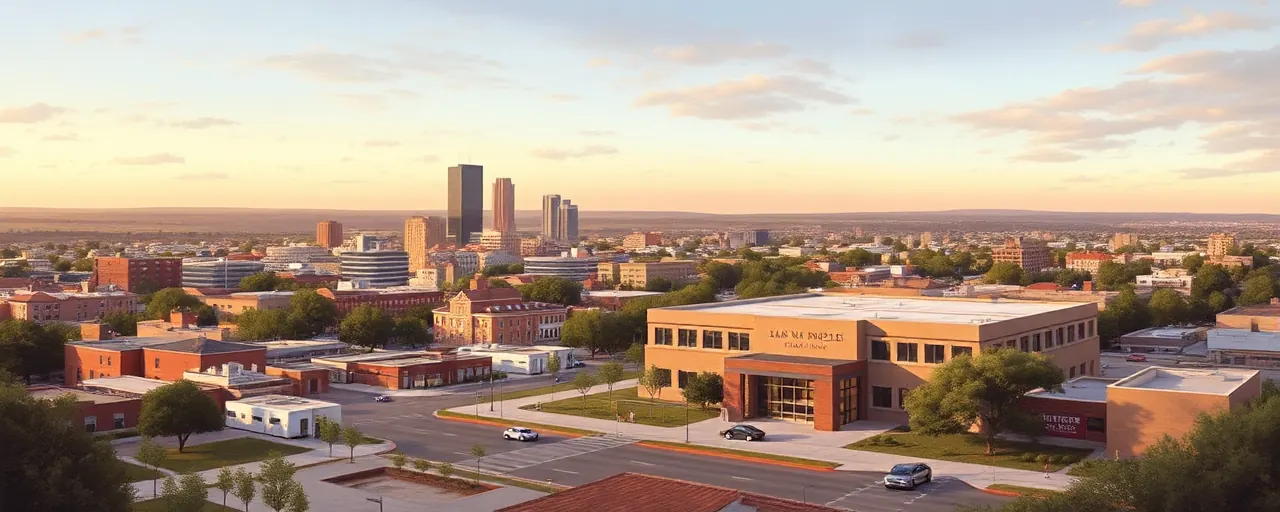A Day of Learning in San Angelo
Law enforcement officers from across West Texas gathered this week at Angelo State University in San Angelo for an unusual training session. Hosted by the FBI’s Dallas Field Office and its local San Angelo Resident Agency, the event brought together more than 25 officers from 10 departments. The focus was sharp and practical, diving into the gritty realities of federal civil rights laws and their day-to-day implications for those wearing the badge.
The session wasn’t just a lecture hall exercise. Officers pored over real-world scenarios, watched body camera footage that captured split-second decisions, and dissected case studies of misconduct gone wrong. It was a chance to see where the line blurs between authority and abuse, and how the FBI steps in when that line gets crossed. For many attendees, it was a rare glimpse into the federal machinery that hums behind local policing.
Why Civil Rights Training Matters Now
This training lands at a time when trust between communities and law enforcement feels frayed. High-profile cases, like the 2020 killing of George Floyd in Minneapolis or the 2023 torture of two Black men by Mississippi officers, have fueled demands for accountability. The FBI, tasked with probing violations like hate crimes and excessive force, has ramped up its role. In 2021, the agency elevated civil rights to a national threat priority, signaling a deeper commitment to rooting out abuses.
Body-worn cameras played a starring role in the San Angelo session, reflecting their growing footprint in policing. Research out of Miami-Dade County shows these devices cut use-of-force incidents by 19% and slashed civil lawsuits by 74%. Yet, they’re not a cure-all. Costs for equipment and data storage run high, and privacy advocates worry about overreach. Still, for officers in the room, the footage offered a mirror to reflect on their own actions and decisions.
The FBI’s Long Reach in Civil Rights
The FBI has been in this game for decades, stretching back to the 1960s when it tackled racially motivated killings during the civil rights movement. Think of the 1964 Mississippi murders of three activists, a case that exposed the limits of local justice. Today, its mission covers hate crimes, like the 2022 Buffalo supermarket shooting that left 10 Black victims dead, and color-of-law abuses, where officers misuse their power. Data from 2022 pegs hate crime reports at over 13,000, half tied to race or ethnicity.
But the agency’s work isn’t without pushback. Critics point to its surveillance tactics, especially under laws like Section 702, arguing they trample on privacy. Supporters counter that such tools are vital to catch violators. In San Angelo, Special Agent in Charge R. Joseph Rothrock framed the training as a proactive step, a way to equip officers with knowledge to spot trouble before it spirals into a federal case.
Real Stakes, Real Reforms
Across the country, cities like Minneapolis have overhauled policing under federal consent decrees, rewriting rules on force and bias after years of scrutiny. San Angelo’s training echoes that shift, stressing respect for human life over unchecked power. It’s a nod to a broader push by the Department of Justice to investigate departments nationwide for patterns of misconduct, from Baltimore to Ferguson. The goal? Fewer headlines about brutality, more trust on the streets.
History offers a sobering backdrop. Laws like the Civil Rights Act of 1968 and the 2009 Hate Crimes Prevention Act built a framework to punish violators, yet enforcement has often stumbled. Local resistance and systemic flaws persist, as seen in cases like the Anne Arundel County officer indicted for a deadly unauthorized chase. For the officers in Texas, the training was less about pointing fingers and more about handing them tools to navigate a complex job.
Looking Ahead
The San Angelo session wrapped with a clear takeaway: education can’t erase every mistake, but it can light the way. Officers left with a sharper sense of how federal laws intersect with their daily grind, and how a misstep could land them under the FBI’s lens. Partnerships, like the one with Angelo State’s police department, hint at a collaborative path forward, blending local know-how with federal oversight.
Civil rights violations won’t vanish overnight. The numbers, the footage, the stories, they all point to a long haul. Yet, for those 25 officers, and the communities they serve, this week’s training was a small, tangible step. It’s the kind of effort that doesn’t make splashy news, but might just ripple out to the streets where it matters most.
